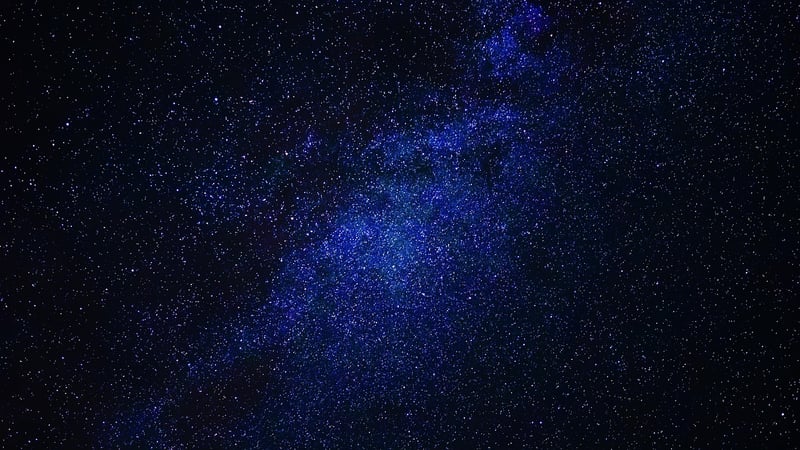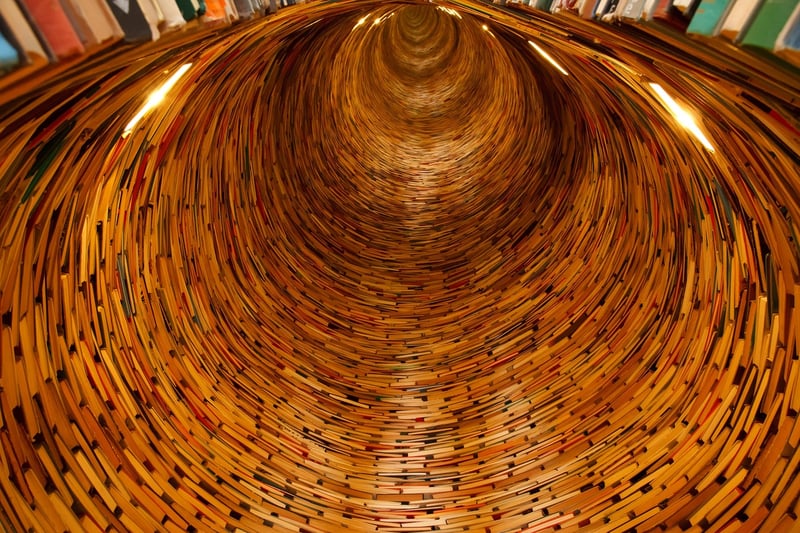Wormholes Exploration
The Science Behind Time Travel + Wormholes Exploration
Time travel has been a fascinating concept in science fiction for decades. But what does science have to say about it? Let's explore the theoretical possibilities and limitations of time travel and delve into the intriguing world of wormholes.
Time Travel: Theoretical Possibilities
According to Einstein's theory of relativity, time is not a constant but a dimension that can be manipulated. One theoretical method of time travel is through the use of wormholes.
Wormholes: The Cosmic Tunnels
Wormholes are hypothetical passages through spacetime that could create shortcuts for long journeys across the universe. These tunnels could potentially connect distant points in space and time, allowing for the possibility of time travel.
The Einstein-Rosen Bridge
The concept of a wormhole was first theorized by physicists Albert Einstein and Nathan Rosen in 1935. They proposed the existence of "Einstein-Rosen bridges" that could link two different points in spacetime.
Limitations and Challenges
While the idea of time travel through wormholes is intriguing, significant challenges exist. The energy requirements to stabilize a wormhole and prevent it from collapsing are immense, requiring exotic forms of matter with negative energy density.
Time Paradoxes
Another major limitation of time travel is the potential for paradoxes, such as the famous "grandfather paradox," where a time traveler could inadvertently prevent their own existence by changing the past.
Exploring the Unknown
Despite the challenges and limitations, the exploration of wormholes and the theoretical possibilities of time travel continue to captivate scientists and science fiction enthusiasts alike. The quest to unravel the mysteries of spacetime and travel through the cosmos remains a tantalizing frontier of scientific exploration.
Image Source:

For more information on time travel and wormholes, you can visit Space.com and Live Science.
